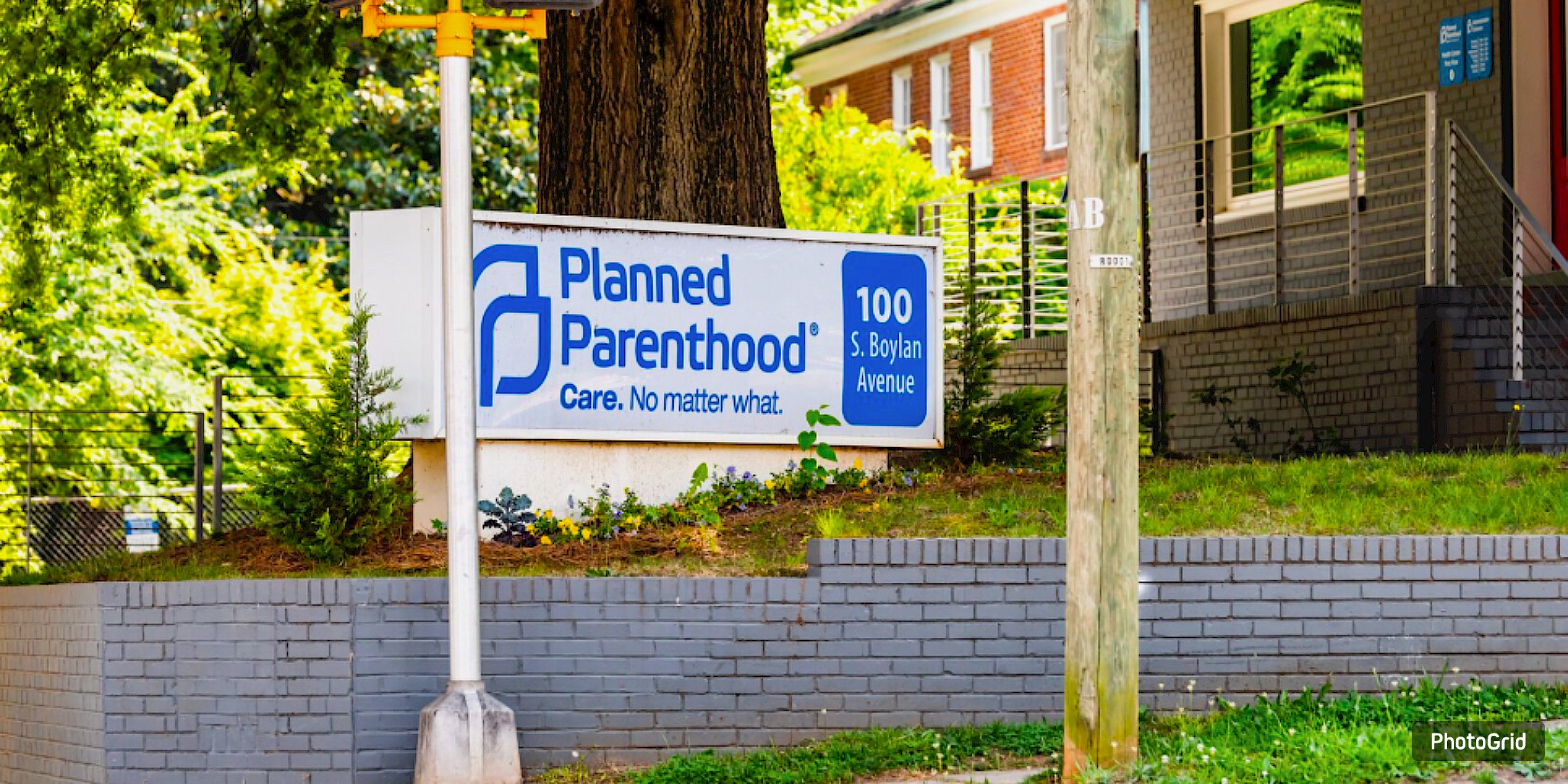


A recently proposed spending law backed by Trump has the potential to significantly alter abortion access nationwide by removing Medicaid funding from Planned Parenthood health centers. This is especially impactful in states where abortion is still legal and patients are increasingly seeking care across state lines.
A new law enacted by a Congress with a Republican majority restricts Medicaid reimbursements to nonprofit reproductive health clinics that offer abortion services and receive over $800,000 in federal funding each year. A federal judge in Massachusetts has issued a temporary block on the provision, yet Planned Parenthood affiliates are preparing for potential challenges ahead.
The proposed funding ban, if enacted, could severely impact Planned Parenthood’s operations in states that prioritize abortion access, such as Colorado, New York, New Mexico, and Maryland—regions that have experienced a significant increase in patients traveling from other states since the overturning of Roe v. Wade in 2022.
Approximately one-third of Planned Parenthood's overall revenue is derived from government support, with Medicaid representing the most considerable portion. Medicaid generally does not cover abortion services, but it does support associated care like STI testing, contraception, and cancer screenings. If clinics are unable to charge for these services, a significant number of low-income patients may find themselves without access to essential reproductive health care.
Some Planned Parenthood affiliates have begun to halt their acceptance of Medicaid or have chosen not to submit reimbursement claims, uncertain about the likelihood of payment denials. Others are rushing to secure alternative funding sources to maintain clinic operations.
“This certainly seems like yet another significant jolt to the system,” remarked Caitlin Myers, an economist at Middlebury College. “The shutdown of clinics in states with limited access to abortion services may make obtaining care increasingly difficult.”
The Guttmacher Institute reported that in 2023, 155,000 individuals crossed state lines to seek abortion care. One in four abortion patients in Colorado, a significant portion, originated from outside the state. In New Mexico, that figure climbed to 69%.
In New York, where Planned Parenthood runs 47 clinics, officials indicate that the affiliate may face a loss of $35 million in Medicaid funding, almost a third of its overall budget. “A significant number of our clinics may face closure,” cautioned Robin Chappelle Golston, the leader of Planned Parenthood Empire State Acts.
In Colorado and New Mexico, Planned Parenthood Rocky Mountain has begun to decline services to Medicaid patients. Jack Teter, the vice president of government affairs for the affiliate, emphasized the importance of state backing: “We need our legislatures to step in.”
Without intervention, clinics in states known for their support of abortion services could vanish just as the need for their offerings continues to rise, resulting in patients confronting longer journeys, increased expenses, or a complete lack of care.
















From breaking news to thought-provoking opinion pieces, our newsletter keeps you informed and engaged with what matters most. Subscribe today and join our community of readers staying ahead of the curve.